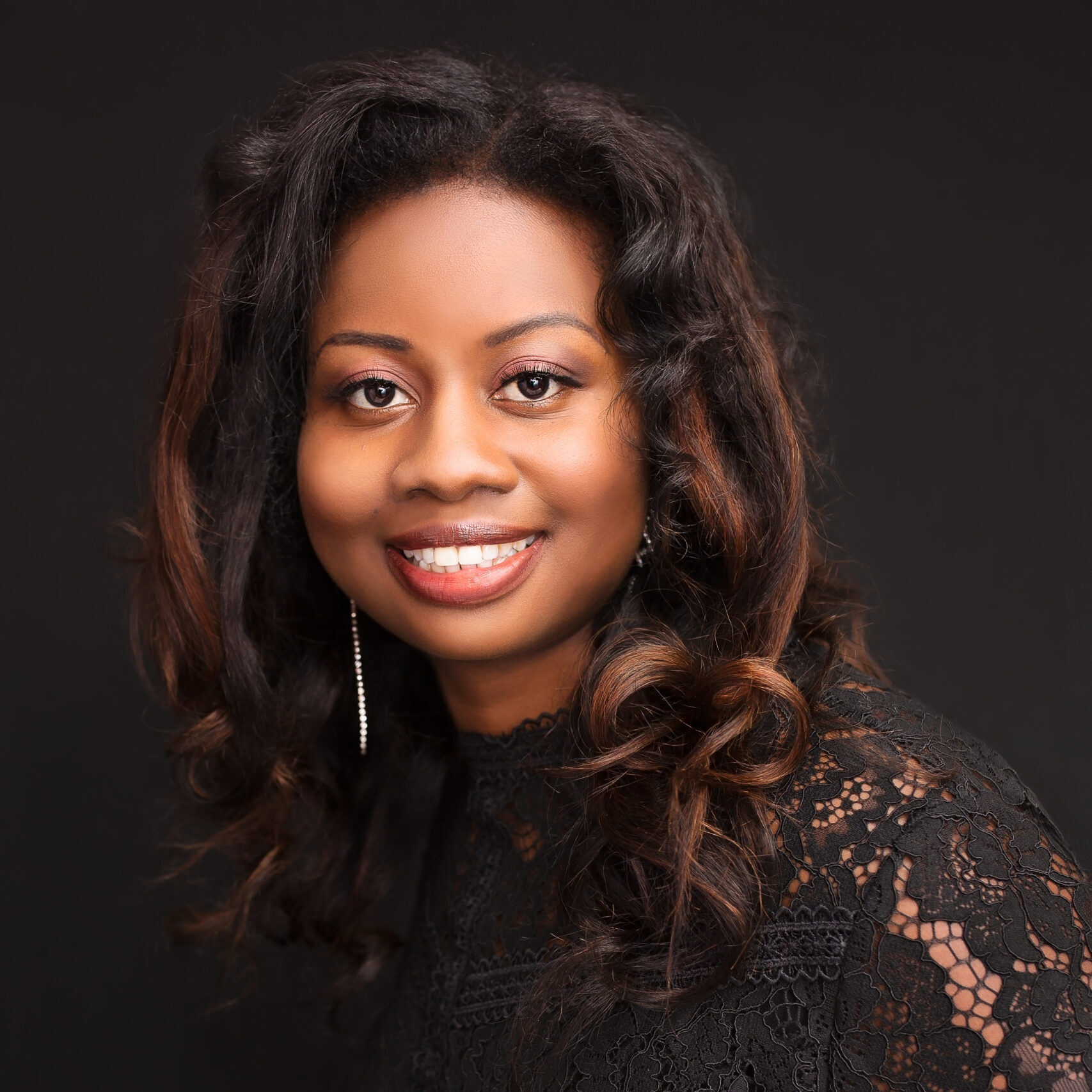Evaluating the consistency of subjectively selected head-related transfer functions (hrtfs) over time
Abstract:
Virtual auditory environments (VAEs) are created by filtering digital sounds through HRTFs (Head-Related Transfer Functions) such that they convey a spatial location to the listener. The most accurate HRTFs are obtained by direct individual acoustic measurement, however this is a costly and time-consuming process. Subjective selection arises as a low cost alternative to obtaining customized HRTFs, however, this manner of selection is perceptual in nature, and a user’s choices may change over time. The validity of using subjective selection for HRTF customization relies on the consistency of the HRTFs selected by listeners. The present work assesses how listener’s subjectively selected HRTFs may change over time. The results suggested that listeners are able to select adequate HRTFs in one session, without the need for additional sessions.
